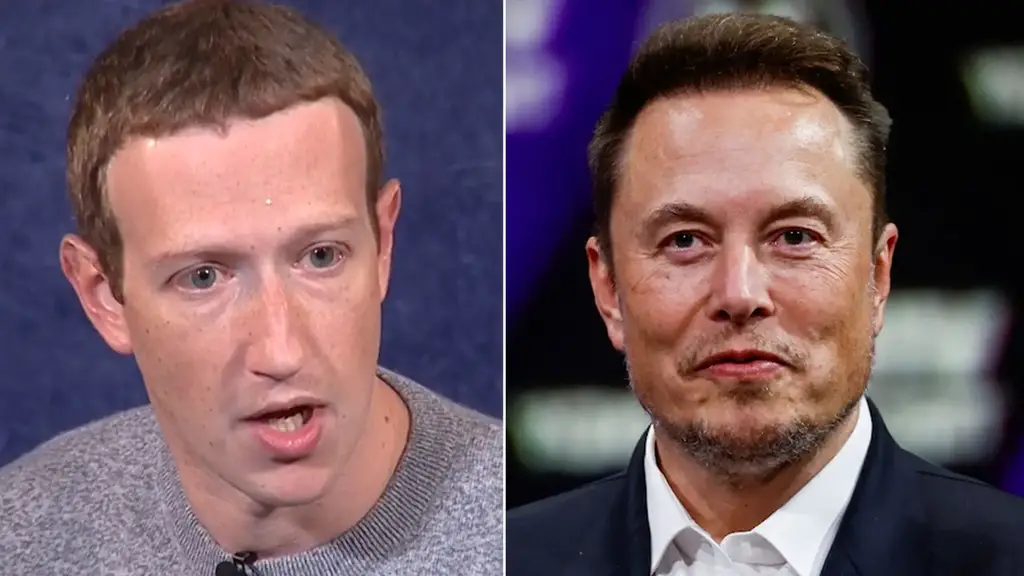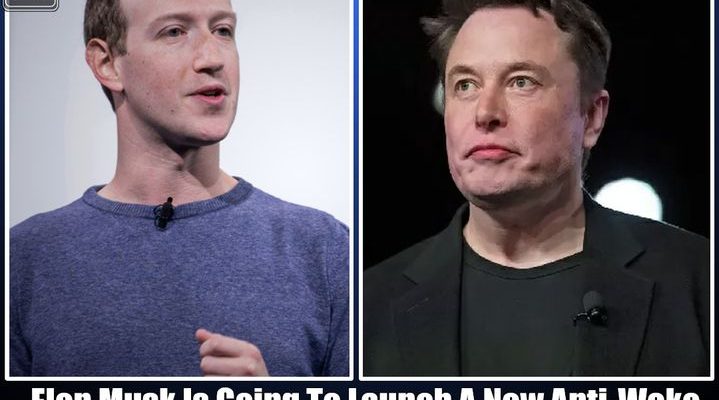
However, skepticism abounds. Critics question whether a platform with looser content restrictions might simply become a breeding ground for misinformation and harmful speech. They argue that the absence of strict moderation could allow dangerous ideologies to proliferate. The challenge for Musk is significant: he must navigate these concerns while building a platform that attracts users looking for an alternative to the status quo.
Technically, the platform will need to be robust. It must handle vast amounts of data and protect user privacy, all while maintaining fast, reliable service. What’s more, it must offer unique features that improve on or differ significantly from those of existing social networks. Whether this includes more user control over the content they see, different ways to interact with posts, or new methods of user verification, Musk’s platform will need to innovate to draw users away from established giants like Facebook.
From a cultural standpoint, Musk’s venture could shift the landscape of social media if it succeeds. It could force other platforms to reconsider their own policies and perhaps inspire a broader range of services that cater to diverse user needs regarding speech and expression. This could lead to a more fragmented social media ecosystem, where users choose platforms based on alignment with their views on moderation and privacy.
As Musk readies for the launch, the tech world watches with bated breath. Will this new platform lead to a significant shift in social media dynamics, or will it be just another attempt that fizzles out? The potential for change is enormous, but so are the risks. Musk’s track record suggests he might just pull off another industry disruption, but as with all his endeavors, only time will tell how this bold challenge to the status quo will play out.



